G-Wiz Applies India-Made Technology to United Kingdom’s Traffic
The electric cars that are called the G-Wiz in the United Kingdom and the REVA in India are so friendly to environmental and public health that they sell well as used cars.
The G-Wiz belongs to history since its replacement by the G-Wiz i (REVAi) in 2008 and the Mahindra e20, REVA L-ion and REVA NXG in 2009. Mahinda Reva Electric Vehicles Private Limited considers G-Wiz a generator of minimalist carbon footprints thanks to 80 percent fewer moving parts than internal combustion engine-fueled cars.
Michael Boxwell, author of The Electric Car Guide: G-Wiz, describes G-Wiz’s 90 percent efficiency with just three moving parts and its powerful acceleration without multi-ratio gearboxes. He emphasizes the ecological sense of personal transportation that emits no carbon dioxide, carbon monoxide, nitrous oxide or sulphur dioxide and uses 97 percent recyclable batteries.
*****
Websites:
http://www.goingreen.co.uk/product/g-wiz-ac-black/
http://www.greenstreampublishing.com
http://theelectriccarguide.net/reva-g-wiz.html
*****


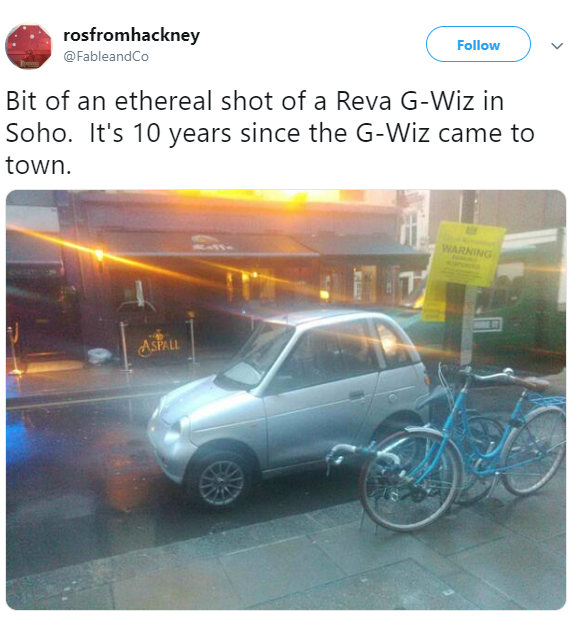
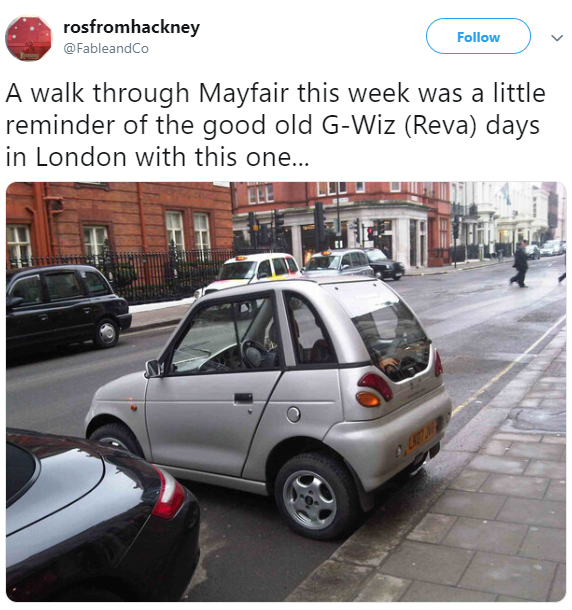
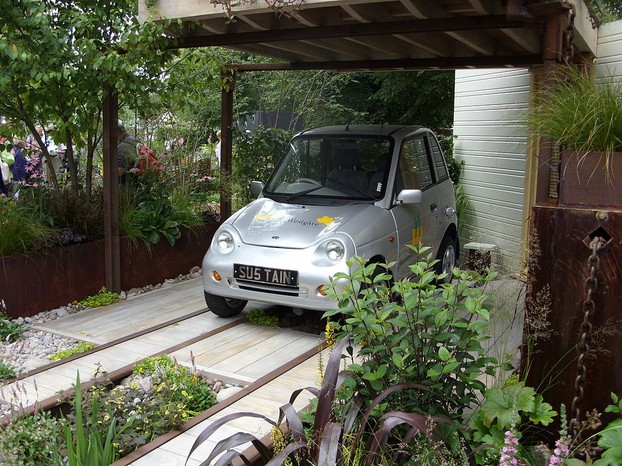
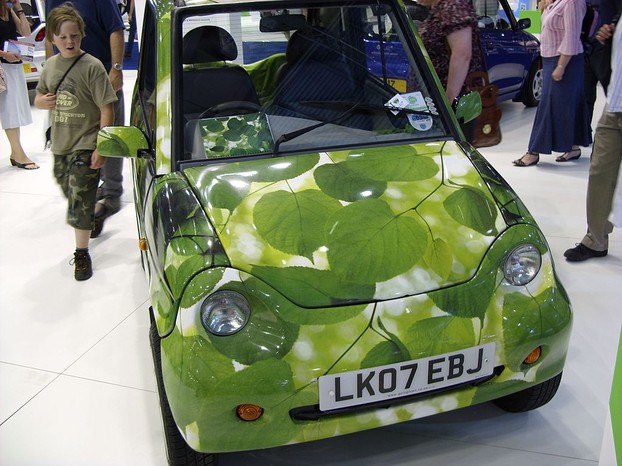
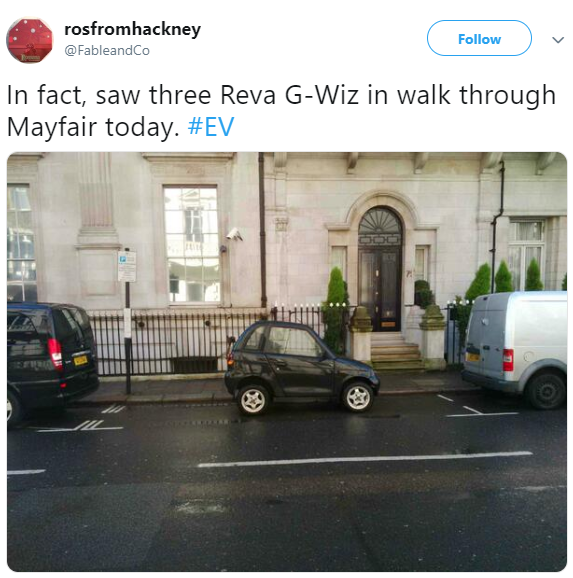




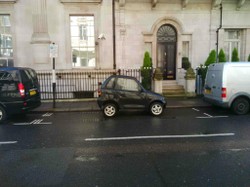

 Are Hawaiian Huakai Po Nightmarchers Avenging Halloween Thursday?on 10/02/2024
Are Hawaiian Huakai Po Nightmarchers Avenging Halloween Thursday?on 10/02/2024
 Mailing Addresses for 2023 Form 4868 Extending 1040 and 1040SR April 15, 2024, Due Dateon 04/15/2024
Mailing Addresses for 2023 Form 4868 Extending 1040 and 1040SR April 15, 2024, Due Dateon 04/15/2024
 Mailing Addresses for 2023 Forms 1040 and 1040SR Filed in 2024on 04/15/2024
Mailing Addresses for 2023 Forms 1040 and 1040SR Filed in 2024on 04/15/2024
 Mailing Addresses for 2022 Form 4868 Extending 1040 and 1040SR April 18, 2023, Due Dateon 04/13/2023
Mailing Addresses for 2022 Form 4868 Extending 1040 and 1040SR April 18, 2023, Due Dateon 04/13/2023

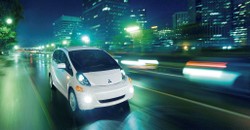
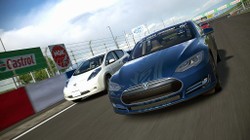
Comments
WriterArtist, Thank you for the revisit, and please accept the delayed acknowledgment of your ever-insightful comments.
Sometimes I'm the driver, sometimes I'm the passenger when we're out and about. I notice that many, perhaps most cars only have the driver inside. That means a lot of multi-car ownership here. I don't recall it being that way when I've been elsewhere, in the Americas and Europe.
Hi DerdriuMarriner - I must say that US has wide roads and the population is not so large compared to the area. However, you are right about big cars and families owning more than one car. I know people may not like it but the numbers of cars can be restricted to family/people.
WriterArtist, Thank you for coming by and sharing your experience with driving or passenger-ing in nightmare and non-nightmare cars in nightmare traffic.
A recent article indicated that pollution and traffic in the USA has increased despite COVID restrictions. It surprised me not one little bit because I've noticed how much big-car traffic has increased out on the country roads around me.
In India driving in the traffic is nightmare. No matter, how many roads we built and how wider we keep the roads, eventually the traffic builds up. I can see future for small cars for small families. I hope this idea catches with the masses.
sandyspider, Exactly! It nevertheless is my understanding that European countries really are finessing battery recycling so that hopefully the Americas will catch up before too long.
DerdriuMarriner, One thing that is not mentioned is, the large batteries for these cars are not good for the environment when the car is disposed.
sandyspider, It's interesting that electric- and water-powered cars appeared to have more promising futures at the beginning of the twentieth century ... until the discovery of all of the uses of fuel. The tiny size certainly gives second thoughts to driving in the world of SUVs, trucks and vans.
Have not seen too many electric cars here. Not sure if I would drive one that tiny.
blackspanielgallery, Thank you for the two very astute observations. Michael Boxwell, some of whose other electric and hybrid car related books I've reviewed also on Wizzley, is in agreement with you, particularly in the updated, 2016 edition of his electric car guide.
It is the fewer moving parts that must be significant. I have always questioned hybrids for the electricity used to recharge them comes from a power plant, so I still see a carbon footprint. But with fewer working parts there may well be a reduction in carbon footprint here.